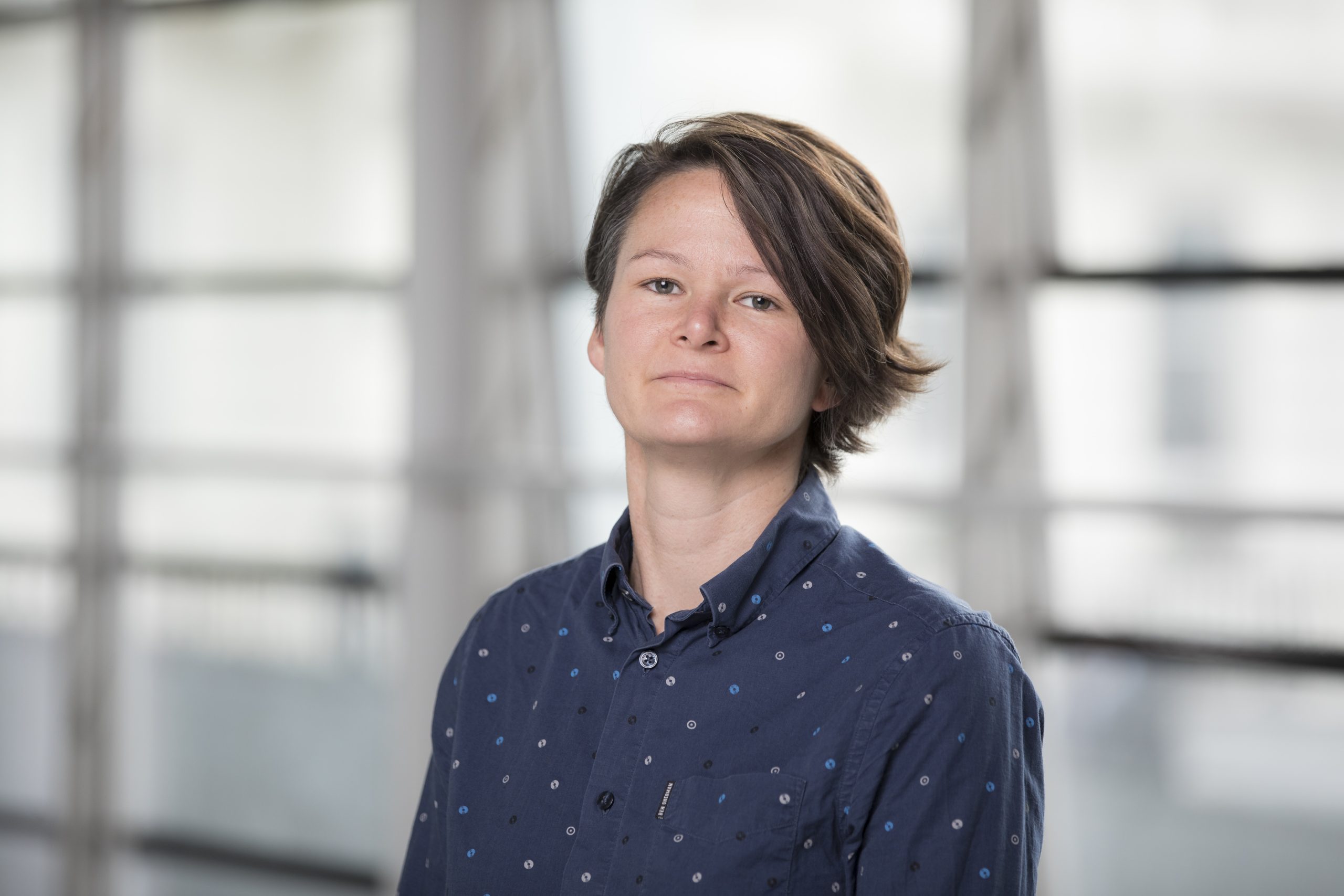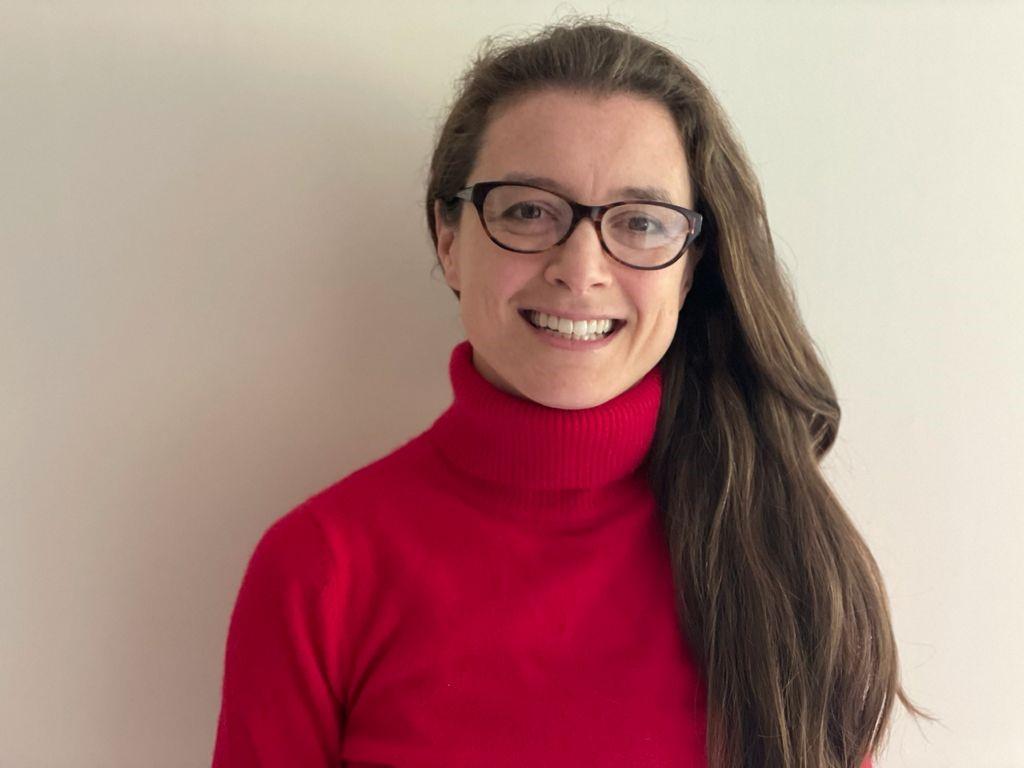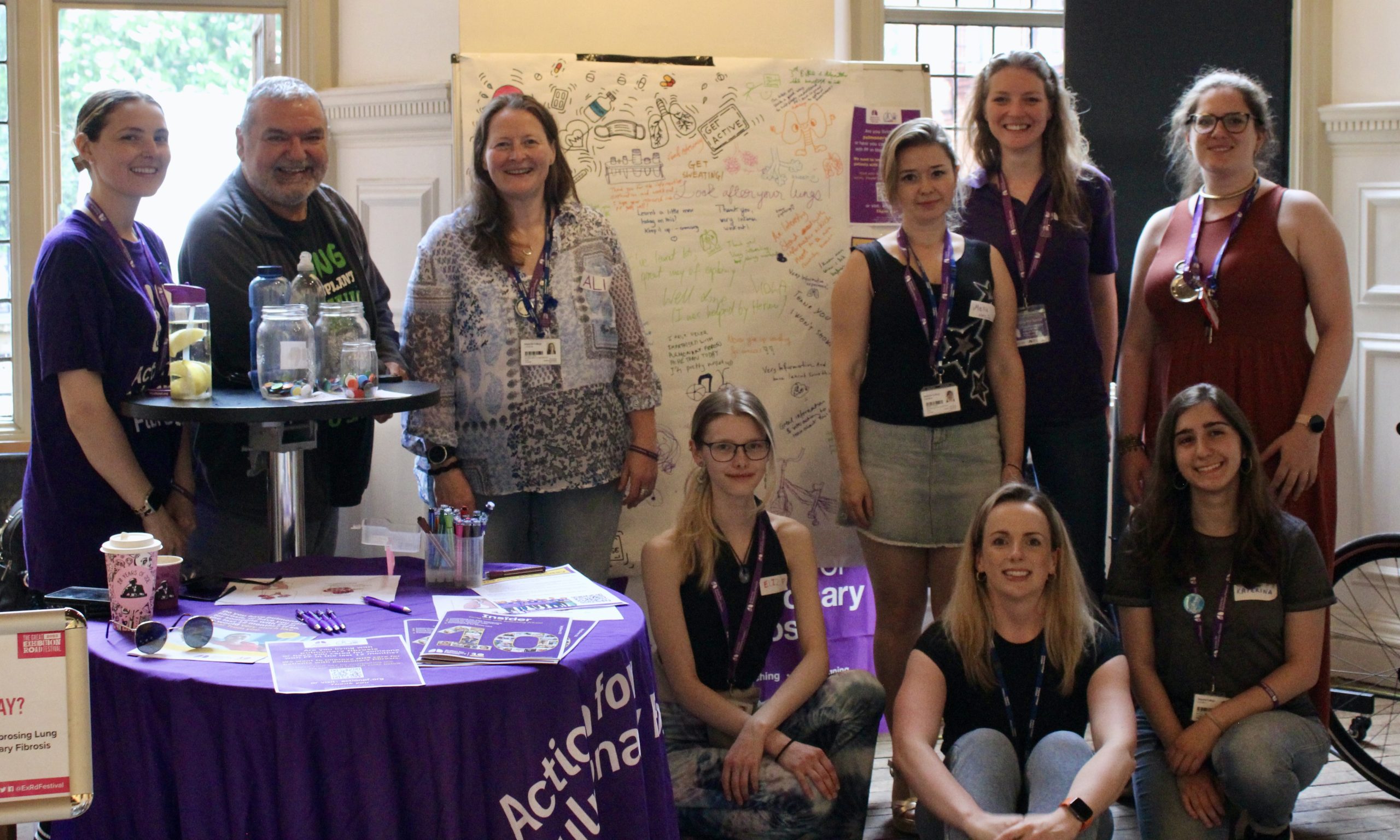
The Great Exhibition Road Festival is a free annual celebration of science and the arts each summer in South Kensington. The event showcases a diverse range of activities for people of all ages. One of those activities, led by researchers from the Margaret Turner Warwick Centre and volunteers from the charity Action for Pulmonary Fibrosis, included an interactive activity that gave the public the opportunity to walk in the shoes of someone living with pulmonary fibrosis. Find out first-hand from Elisabeth Pyman, what happened on the day and hear from pulomary fibrosis patient, Andy, what it’s like to live with the condition.
The June weekend of the Great Exhibition Road Festival was one of quintessential British summertime weather. This celebration of science was hosted by Imperial College London in collaboration with the local community and provided a wide range of topics for people of all ages to explore. Under intermittent spells of rain, crowds of a multitudinous diversity explored the “awe and wonder” of science, the theme of this year’s festival. To welcome the public, artists and scientists populated the streets and buildings surrounding Imperial’s South Kensington campus like a sudden desert bloom.
Meanwhile, another transformation was taking place in a stand tucked away at the end of the road in the Creative Science zone. Researchers from the Margaret Turner Warwick Centre and volunteers from the charity Action for Pulmonary Fibrosis were on a mission to spread awareness about a rare lung condition known as pulmonary fibrosis. This condition is associated with a build-up of scar tissue that leads to a steady decline in lung function, with many patients becoming terminal only five years after diagnosis. Currently, there are 32,500 UK residents living with a diagnosis, but the actual number of people affected is estimated at around 100,000.

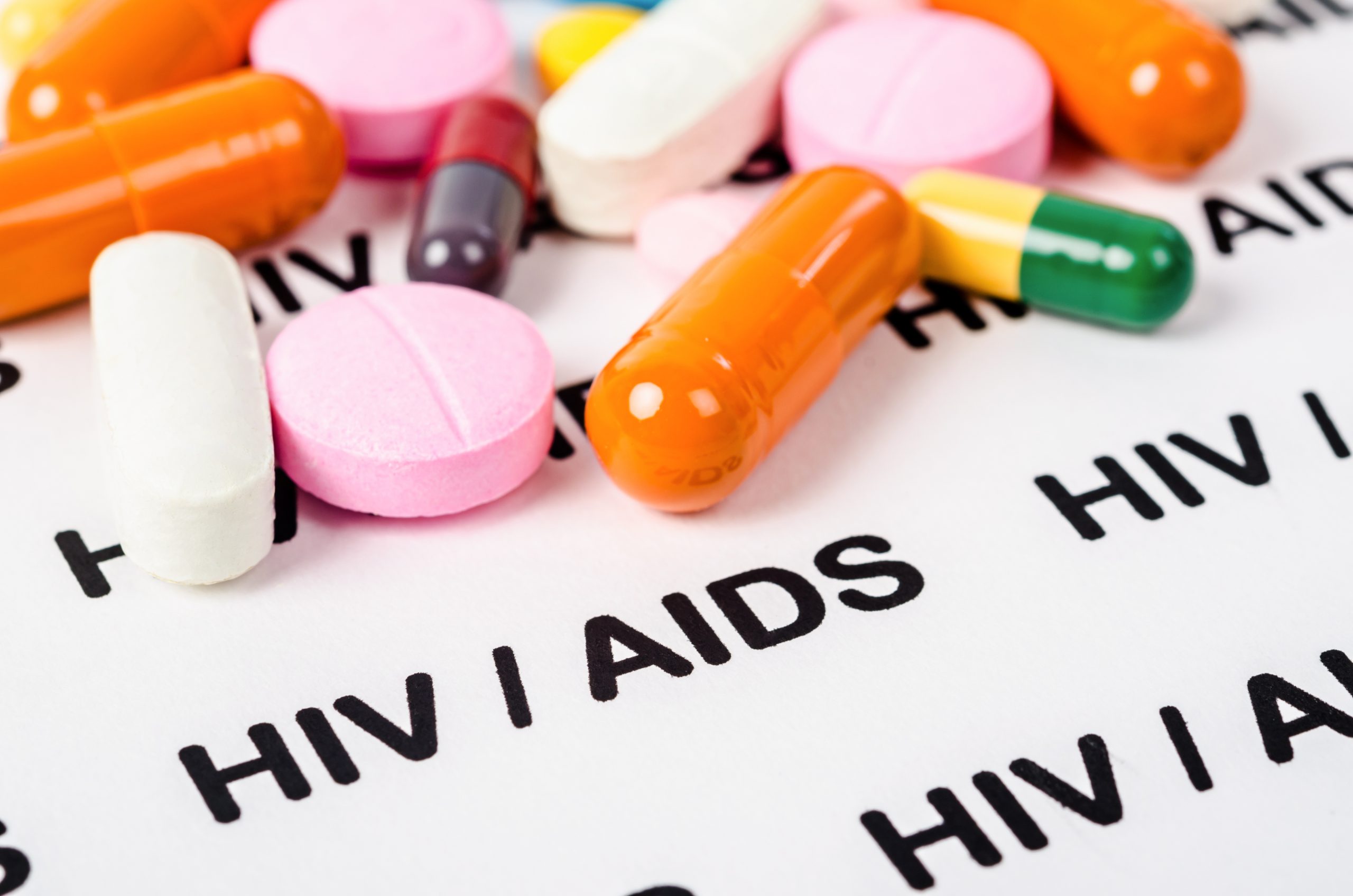


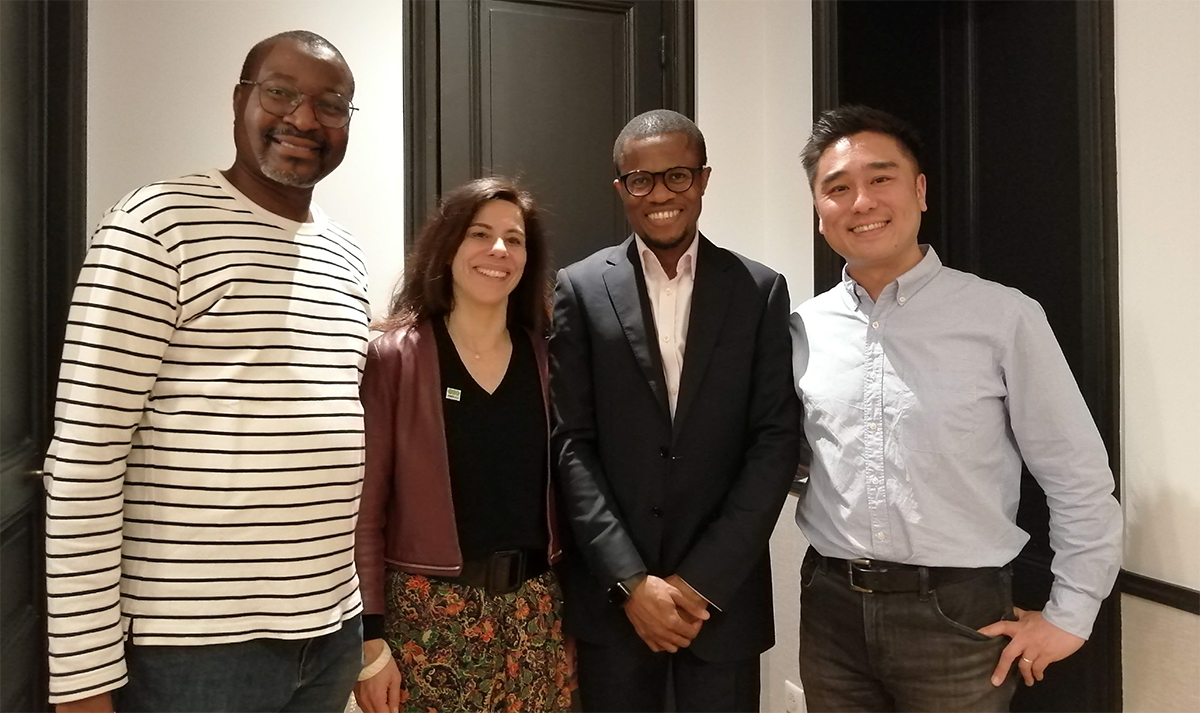

 Kelly Gleason introduces a guide,
Kelly Gleason introduces a guide, 